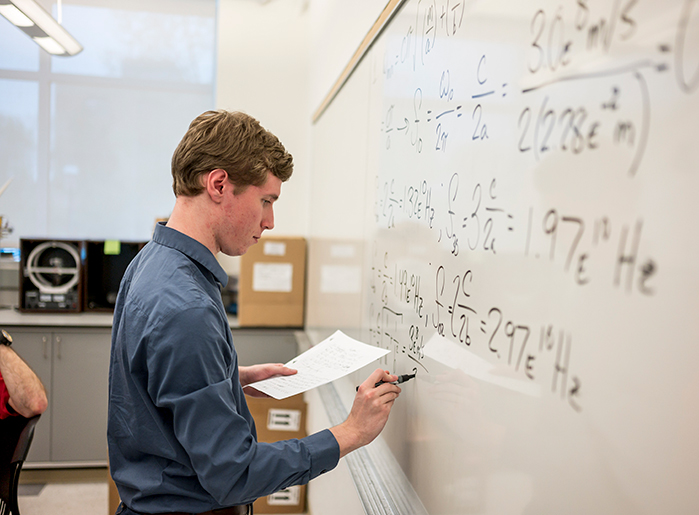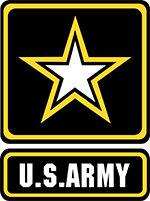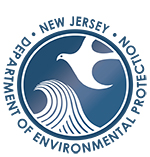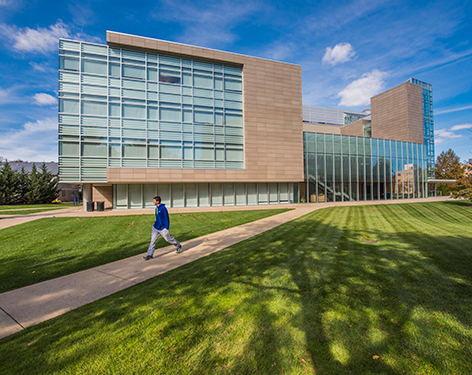College of Arts and Sciences
Be at the forefront of groundbreaking discoveries. From quantum engineering to renewable energy solutions, the future of technology and society is being shaped by experts who blend physics with engineering. Our M.S. program can help you take the next step to become one.
The STEM-designated M.S. in Applied Physics and Engineering is designed to help you to excel in the 21st century STEM workforce. The program balances advanced applied physics concepts with engineering fields like nanoscience, quantum engineering, renewable energy research, condensed matter physics and materials science.
Crafted with the modern researcher in mind, it merges the analytical depth of physics with practical engineering skills to solve complex challenges in high-tech industries. This interdisciplinary training positions you for innovative roles in aerospace, energy and materials science, while offering enhanced career opportunities thanks to Seton Hall's proximity to New York's industry sectors.
And, corporate partnerships with pharmaceutical leaders like Bristol Myers Squibb as well as faculty-led research offer access to impactful research in green science, renewable energy and hydroponic agriculture.
Accreditation & Awards
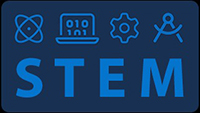

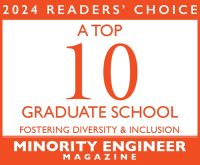
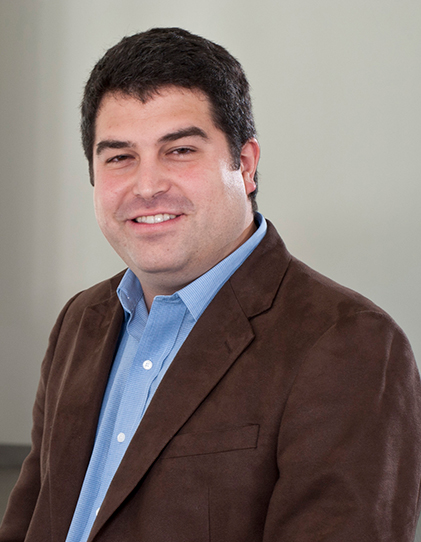
"You can't only be prepared as a physicist, chemist, or engineer. The more versatile you are, the more that you know and the more different areas you work on, the better you are."

Admissions Requirements
To be considered for admission, applicants are required to complete our online graduate application and submit the following materials:
- Required application fee ($75, waivers available)
- Personal statement (750-1000 words)
- Resume
- Official academic transcripts
- Letters of recommendation
Deadlines
-
Deadline to Apply
Rolling
For both Fall and Spring Semesters
Curriculum Overview
Offered on campus, this STEM-designated 30-credit degree offers students the opportunity to take foundational courses in physics (12 credits in required courses), 10 credits in elective courses and 8 credits to conduct research in physics, which is based on the student’s research concentration area.
Upon completion of required courses, students select a research concentration in one of the following areas:
- Applied Physics (Biophysics and Physics of Living Systems, Condensed Matter Physics, Environmental and Renewal Energy Physics, and Plasma Physics)
- Engineering Physics (Plasma Engineering, Nanoscience / Quantum Computing and Information Sciences, Device Engineering, and Bioengineering)
- Materials Science and Engineering
Courses cover a broad spectrum of disciplines, with electives based on one’s research concentration. Topics include Solid State Physics, Cellular Engineering, Advanced Quantum Mechanics and Data Visualization, among others.
No matter your path, you’ll learn from a community of renowned and active researchers who hold prestigious research grants from NASA and the National Science Foundation – and regularly include students in their projects.
-
3
Research Concentrations
-
30
Credits
-
1
State-of-the-Art Science and Technology Center
Career Opportunities
With an M.S. in Applied Physics and Engineering, graduates are positioned to excel in some of the world’s most dynamic and high-growth industries. And, in today’s global job market, the demand for experts in applied physics and engineering has never been higher.
For example, Mechanical Engineers work on developing and improving machines, engines, and systems, contributing to innovations in automotive, aerospace, and manufacturing. Electrical Engineers are at the forefront of designing electrical systems for everything from power grids to cutting-edge technology in telecommunications.
Graduates can also explore careers as Nanotechnologists, working at the atomic level to develop new materials and technologies in healthcare, electronics, and energy. Systems Engineers help integrate complex systems in industries such as aviation, defense and robotics, ensuring their smooth and efficient operation. Or, become an R&D Engineer, working on innovative solutions in tech companies or research labs to solve real-world problems with applied physics. This versatile degree allows graduates to drive innovation in whichever field they desire.
Plus, as a STEM-designated degree, international students benefit from up to three years of Optional Practical Training (OPT) in the United States, enhancing their career prospects and making them competitive candidates for H-1B visa sponsorship.

280,000+
National Employment Opportunities in the Life Sciences Industry by 2033 (JobsEQ and BLS)
86.5%
Increase In Earnings For Graduates with an Advanced Degree (National Association of Colleges and Employers)
$69,000
Average Starting Salary for Those with a Master’s Degree (National Association of Colleges and Employers)
Our alumni work at the best businesses around the world.
Our Faculty and Students
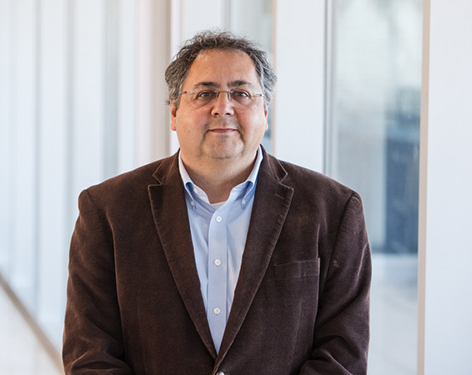
Professor Chosen as Fulbright Scholar in Turkey, Harnessing the Sun for Next Generation Renewable Energy Solutions
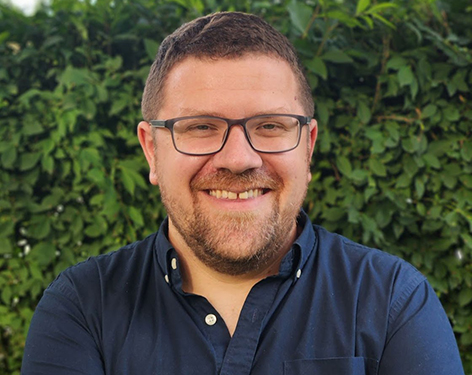
Professor Peter Morse Joins Leading Scientists in Royal Society of Chemistry Publication
Scholarships & Financial Aid
Seton Hall University is committed to providing students with the most current information on how to finance your graduate degree. A graduate degree is within your reach – a variety of options can help you finance your degree including scholarships, federal aid, graduate assistantships, and more.
Teaching assistantships and research assistantships, which include tuition benefits and a stipend, are also available on a competitive basis.
-
50%
Amount Scholarships Can Reduce Cost of Degree
Frequently Asked Questions
Is this program suitable for someone with a background in physics but not engineering?
How long will it take to complete the program?
Where can I access additional FAQ's?
Additional Resources
3+2 Dual Degree (B.S. / M.S.)
STEM Connect
Academic Integrity Policy
Request More Information
Loading M.S. Applied Physics and Engineering ...
About Seton Hall


One of the country's leading Catholic Universities, Seton Hall University has been developing students in mind, heart and spirit since 1856.
Home to over 10,000 undergraduate and graduate students and offering more than 90 undergraduate programs and over 130 graduate programs, Seton Hall's academic excellence has been singled out for distinction by The Princeton Review, U.S. News & World Report and Bloomberg Businessweek.
Seton Hall's 58-acre campus in the quaint town of South Orange, New Jersey, is only 14 miles from New York City — offering students a wealth of employment, internship, cultural and entertainment opportunities. The University’s nationally recognized School of Law is located in nearby Newark, New Jersey. The Interprofessional Health Sciences (IHS) campus in the owns of Clifton and Nutley, New Jersey, houses the University’s College of Nursing and School of Health and Medical Sciences.
-
14
Miles from New York City
-
90+
Career-Building Graduate Programs


